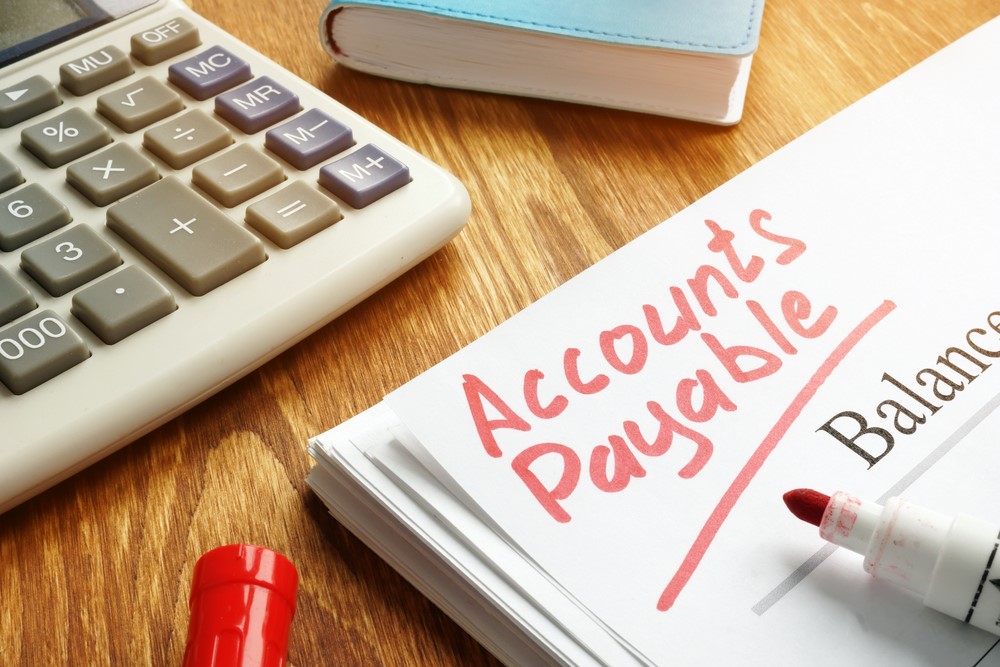
How Accounts Payable Workflow Automation Improves Business Efficiency

How Accounts Payable Workflow Automation Improves Business Efficiency
In today's fast-paced business environment, organizations seek to improve efficiency and streamline operations. Accounts payable, a critical component of financial management, greatly benefits from automation. Implementing accounts payable workflow automation simplifies payments and enhances business efficiency.
Streamlined Invoice Processing
One of the primary benefits of accounts payable workflow automation is streamlined invoice processing. Manual invoice handling can be time-consuming and prone to errors. With automation, invoices can be received digitally, and the system can automatically capture and extract invoice data. This eliminates the need for manual data entry, reduces processing time, and ensures accuracy in invoice processing.
Efficient Approval Workflows
Automation allows for the establishment of efficient approval workflows. By defining predefined rules and roles, invoices can be automatically routed to the appropriate approvers based on criteria such as invoice amount, vendor type, or specific business rules. This eliminates delays in the approval process and ensures invoices move through the workflow seamlessly, improving overall efficiency.
Reduced Manual Errors and Discrepancies
Manual data entry is prone to errors and discrepancies, which can have significant implications for businesses. Accounts payable workflow automation minimizes manual errors by automatically validating invoice data against purchase orders and contract terms. Any discrepancies are flagged for review and resolution, reducing the risk of payment errors and improving financial accuracy.
Enhanced Visibility and Reporting
Automation provides real-time visibility into the accounts payable process, allowing businesses to track the status of invoices, monitor payment schedules, and gain insights into cash flow. Advanced reporting features provide comprehensive analytics and actionable data, enabling businesses to make informed decisions, identify areas for improvement, and optimize financial management.
Improved Vendor Relationships
Efficient accounts payable workflow automation positively impacts vendor relationships. By streamlining the payment process, businesses can ensure timely payments to vendors, reducing payment delays and improving overall satisfaction. This fosters stronger relationships, enhances trust, and can lead to favorable terms and discounts, ultimately benefiting the organization.
Time and Resource Savings
Automation frees up valuable time and resources that were previously dedicated to manual tasks. With the elimination of manual data entry, employees can focus on more strategic activities, such as analyzing financial data, negotiating with vendors, and improving financial processes. This allows for better resource allocation and improved overall productivity.
Ensuring Compliance
Compliance with regulatory requirements is crucial for businesses. Accounts payable workflow automation ensures compliance by enforcing consistent processes, validating invoice data, and maintaining accurate records. Audits become smoother and more streamlined as all relevant information is readily available within the automated system.
Conclusion
Accounts payable workflow automation significantly improves business efficiency by streamlining invoice processing, reducing errors, enhancing visibility, improving vendor relationships, and saving time and resources. By leveraging automation, businesses can optimize their accounts payable processes, increase productivity, and make more informed financial decisions. Implementing accounts payable workflow automation is a strategic investment that ultimately drives efficiency and contributes to the overall success of an organization in today's competitive business landscape.